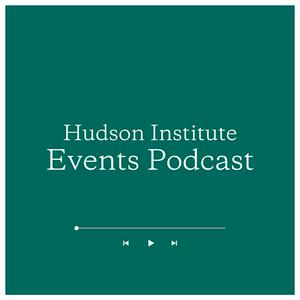On August 8, 2025, President Donald Trump hosted Azerbaijani President Ilham Aliyev and Armenian Prime Minister Nikol Pashinyan at the White House for a historic peace summit, the first trilateral meeting of its kind since the end of the Cold War. The two leaders initialed a peace agreement, signed a joint declaration affirming their commitment to respect sovereignty and territorial integrity, and announced the Trump Route for International Peace and Prosperity (TRIPP), a United States–developed transit corridor that will connect Azerbaijan to its Nakhchivan exclave through Armenia while anchoring American investment and presence in the region for decades to come.
Vice President JD Vance’s recent visit to both countries underscores what the White House values in this new chapter: deepening its strategic partnership with Azerbaijan, advancing peaceful nuclear and semiconductor cooperation with Armenia, and ensuring that this hard-won peace endures.
Join Hudson for a conversation with officials who have been at the center of these efforts, financial experts, and leading regional analysts on what the deal achieved, what comes next, and why sustained US engagement in the South Caucasus matters.


